Mental Health Awareness Month 2018
A mentally exhausting day can take as much of a toll on us as a challenging hike — that’s why we believe that our mental health needs as much care as our physical health.
Research shows that journaling helps us stay aware of the state of our thoughts, so we will be showing you how to improve your mental well-being through the use of notebooks.
Undo List
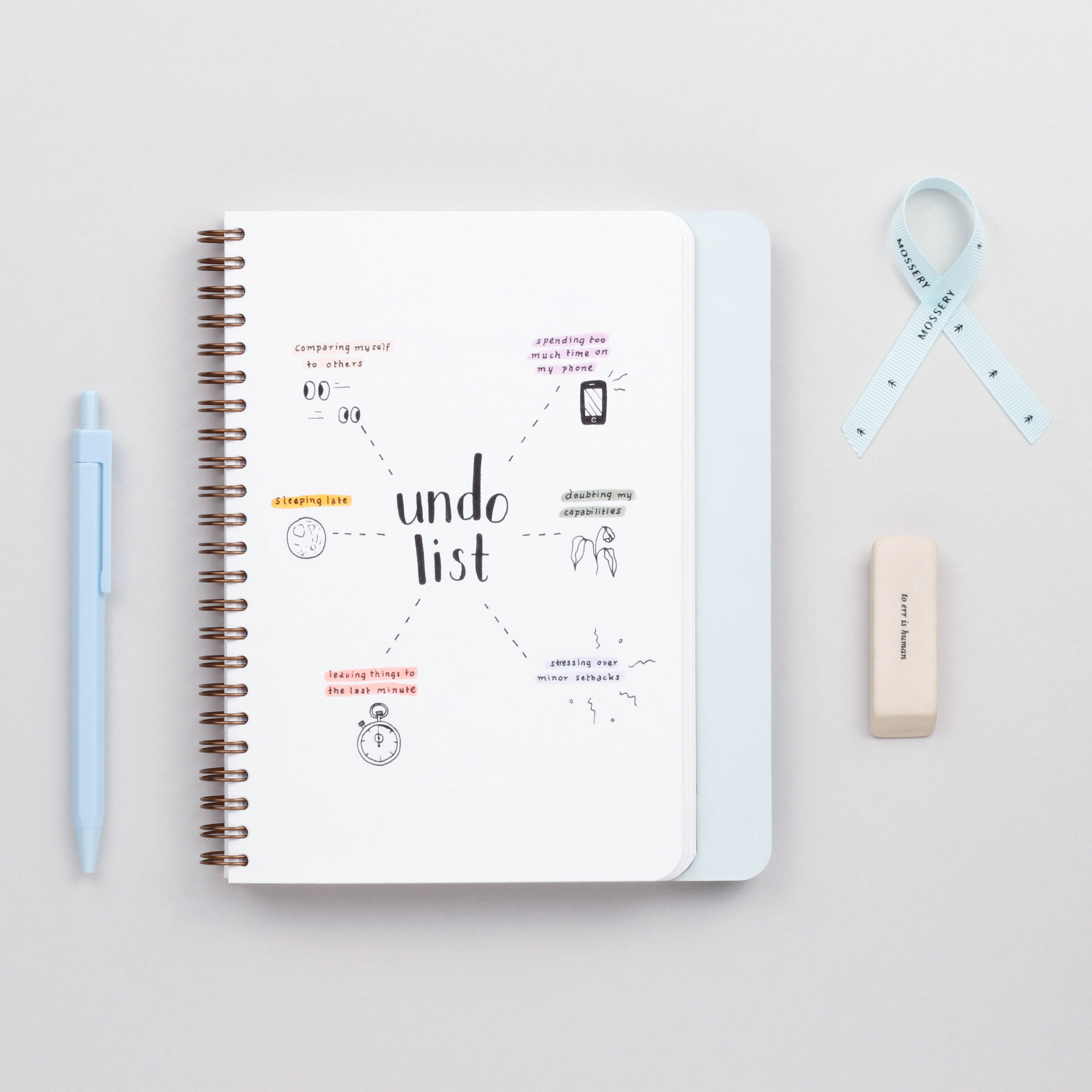
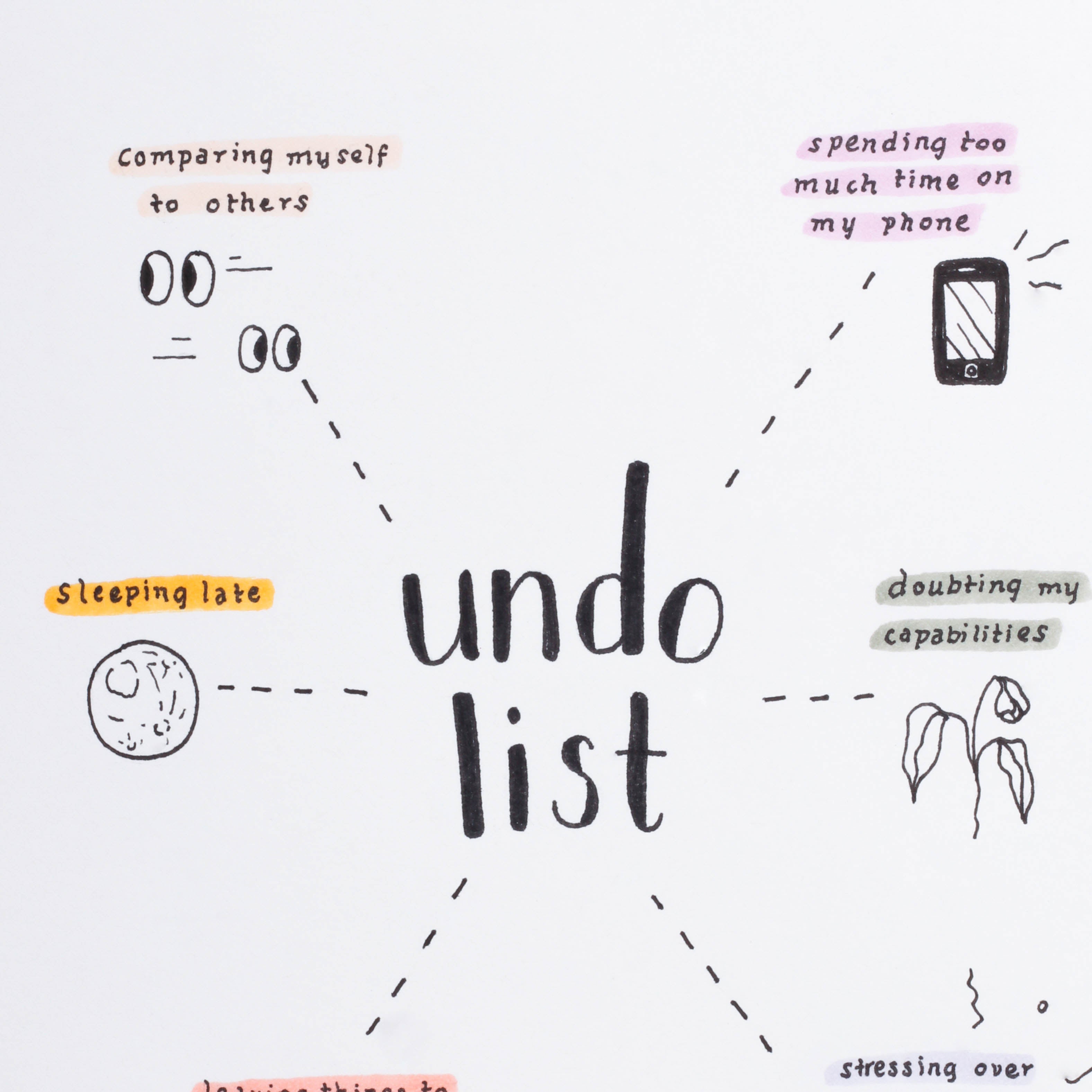
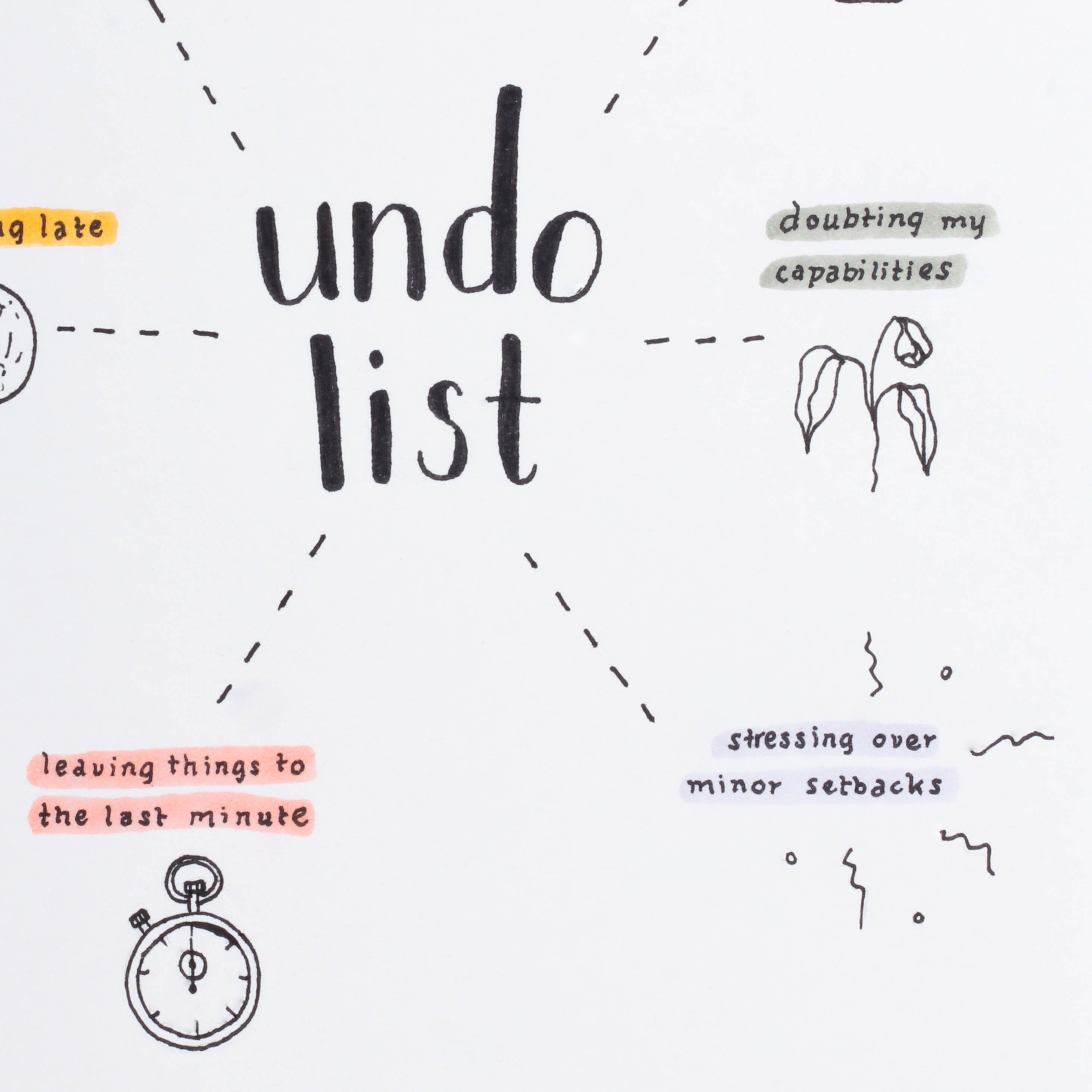
Unhealthy habits affect our minds and bodies a lot more than we think they do. Sometimes we need a little reminder to tackle these (negative) routines, so why not try writing them down?
Taking the time to list negative routines helps us to spot them happening more easily, and seeing them on a page gives us a better understanding of our coping mechanisms as a whole. This way, we can identify our core needs and beliefs.
Treat yourself
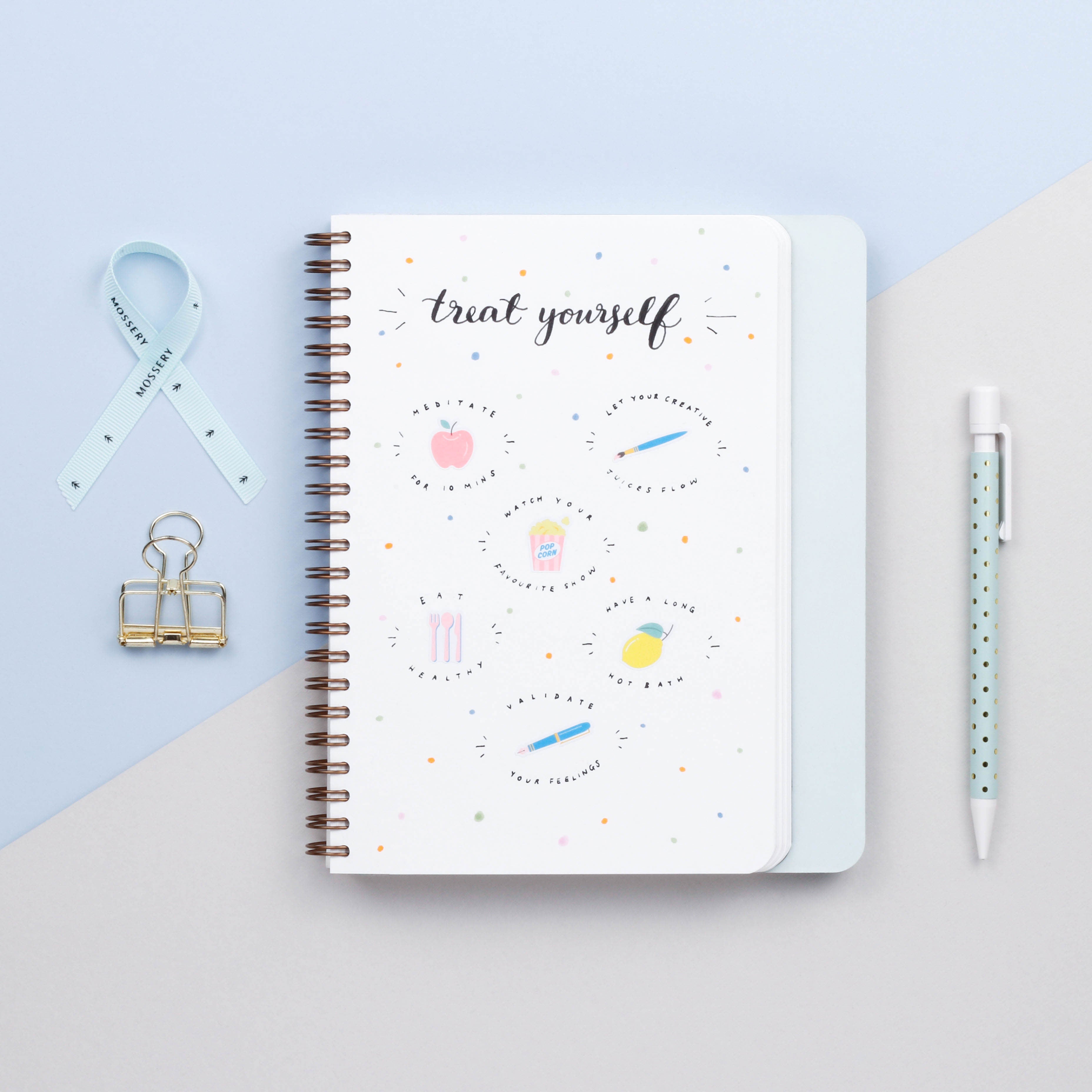
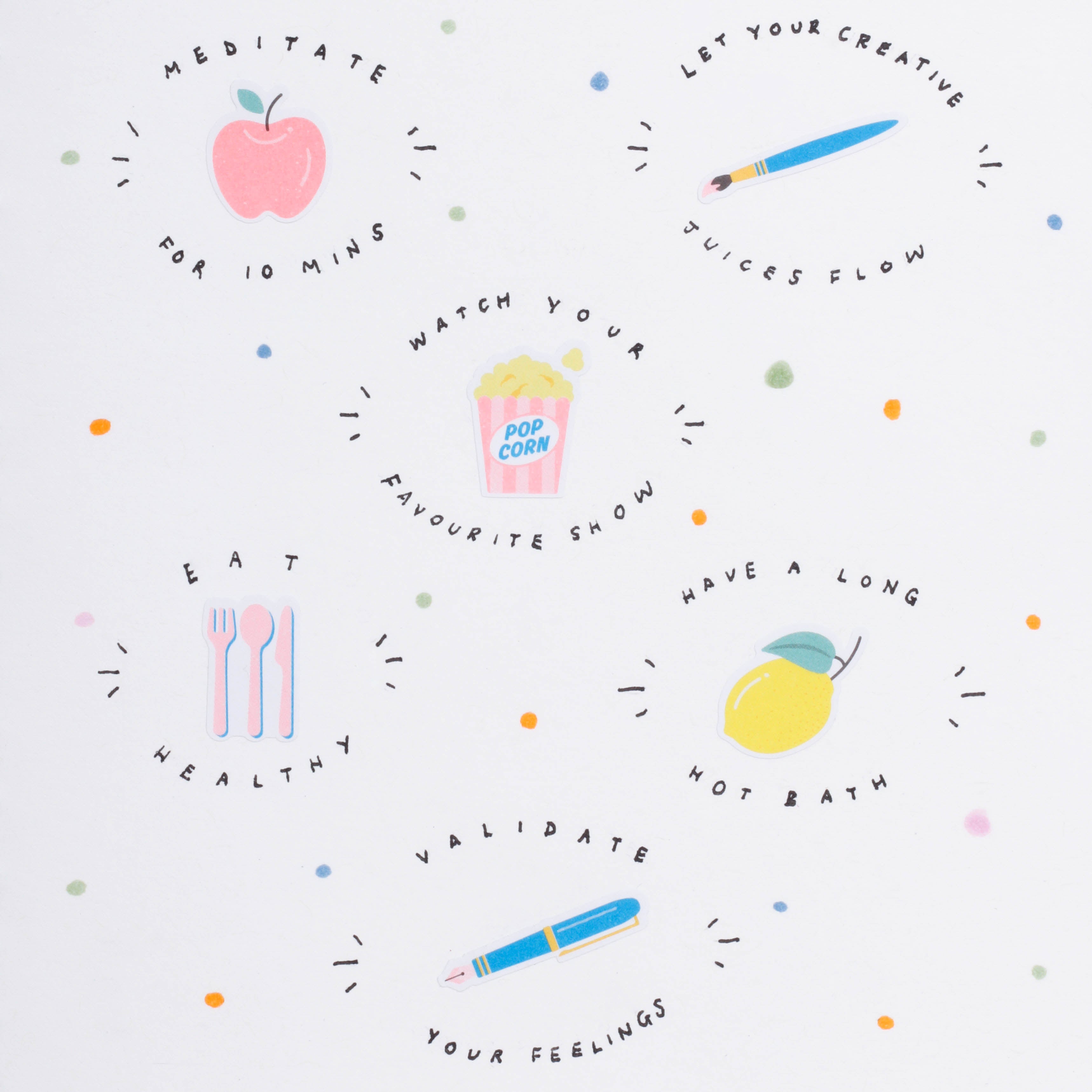
Treating yourself is one of the examples of self-care, which is crucial for our well-being. How about writing down a list of activities that you enjoy or helps you to de-stress?
It could be simple activities like taking a walk around the park or journaling about your day. Whether it is taking a break or developing good habits, this list can help you balance out and recenter your life, so you come back recharged.
Quotes
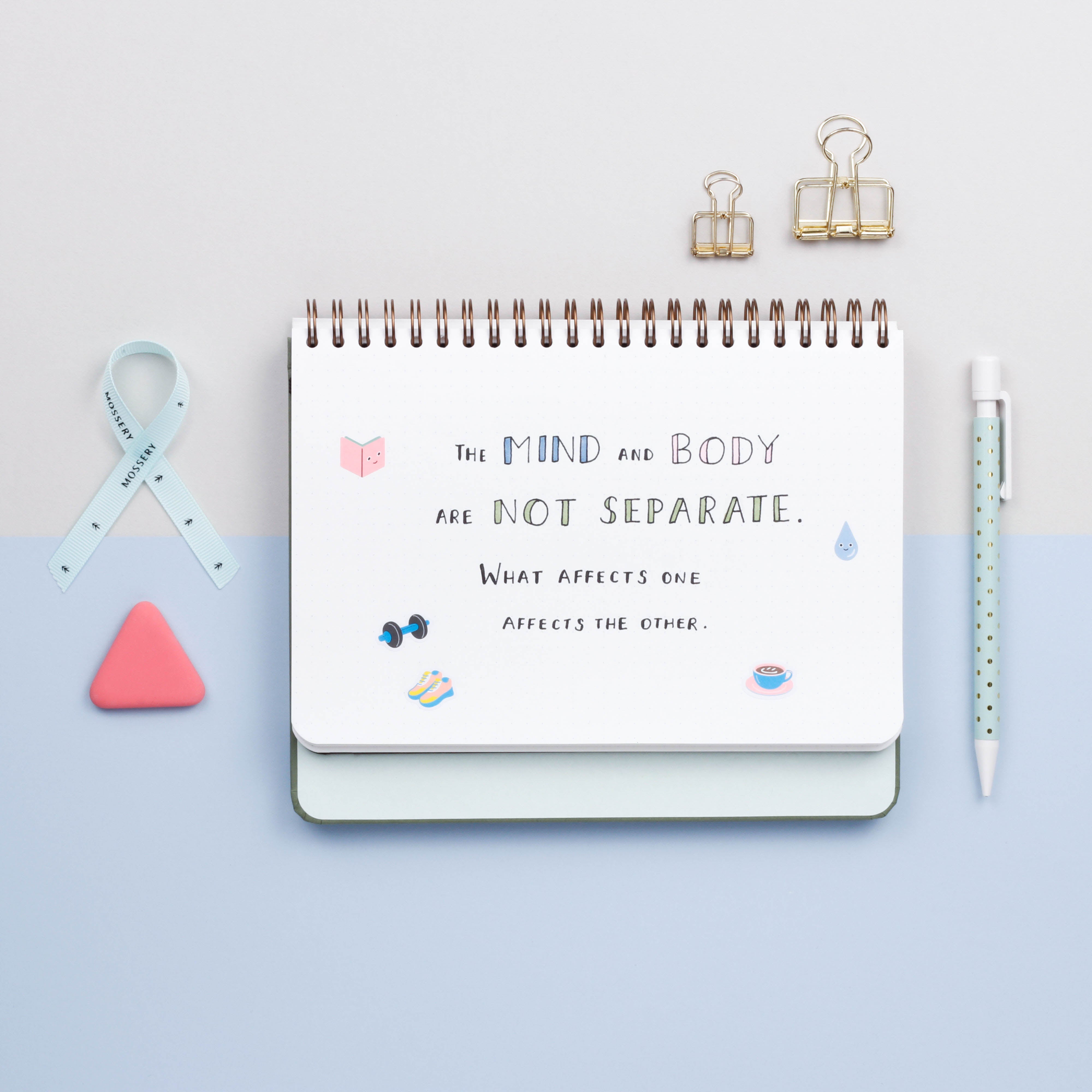
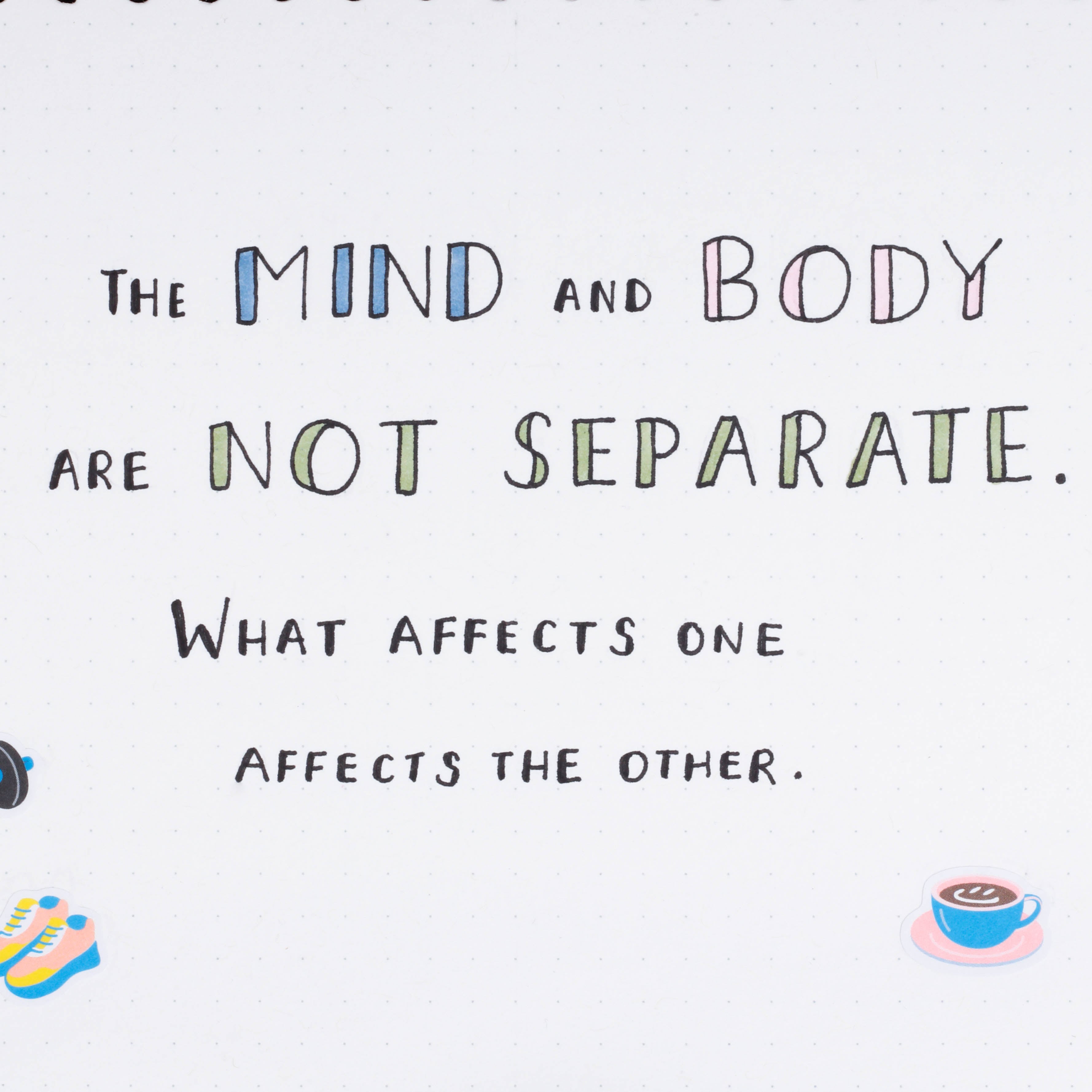
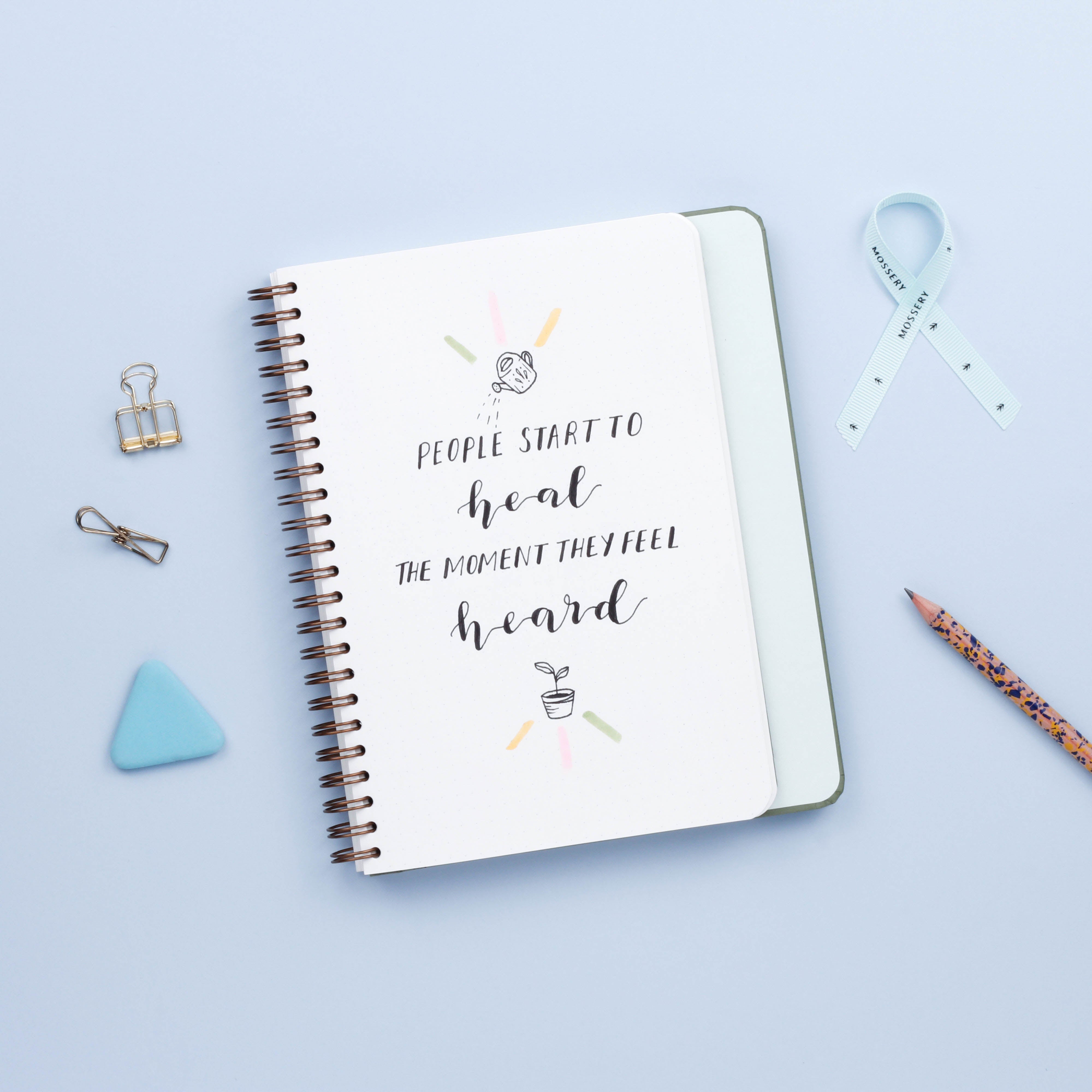
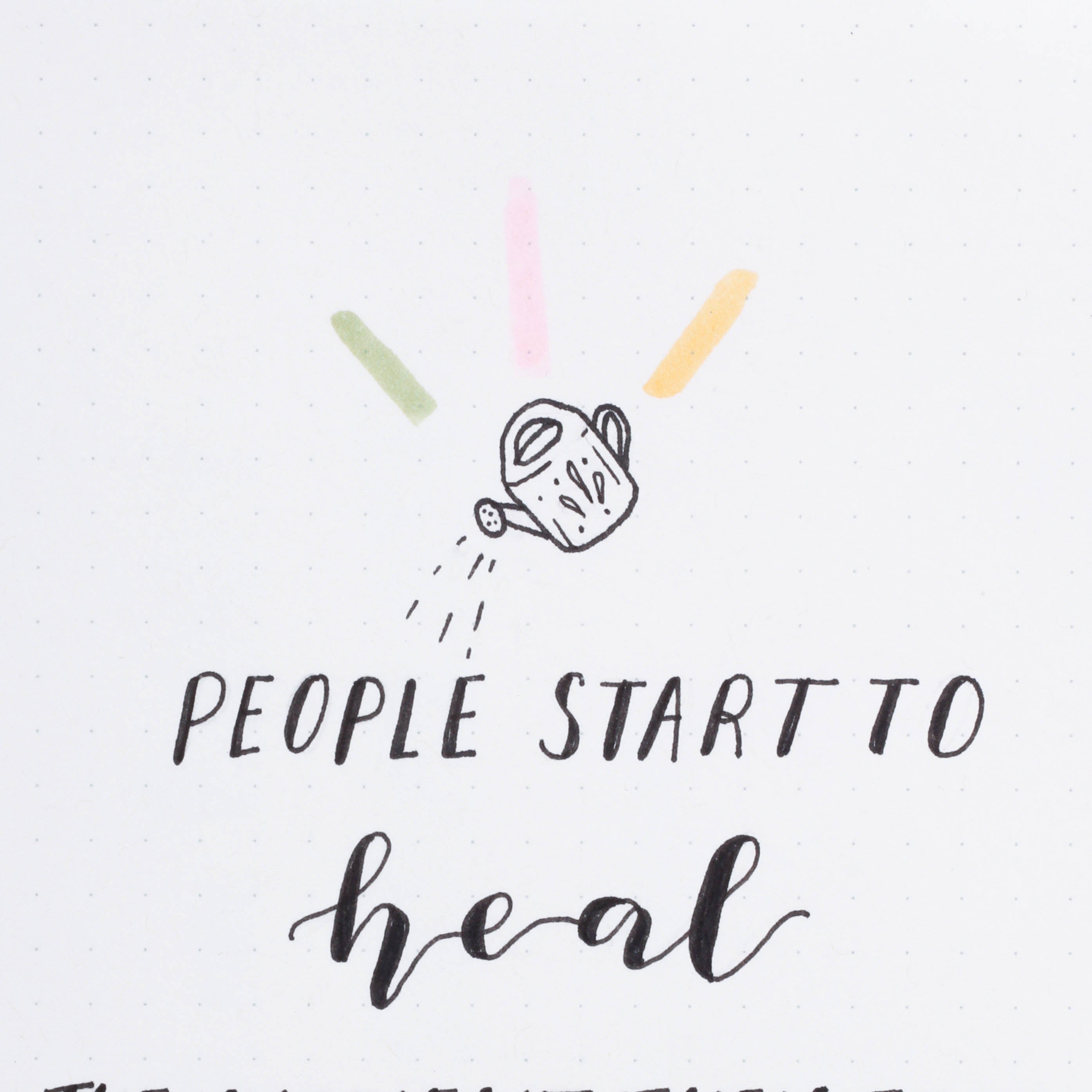
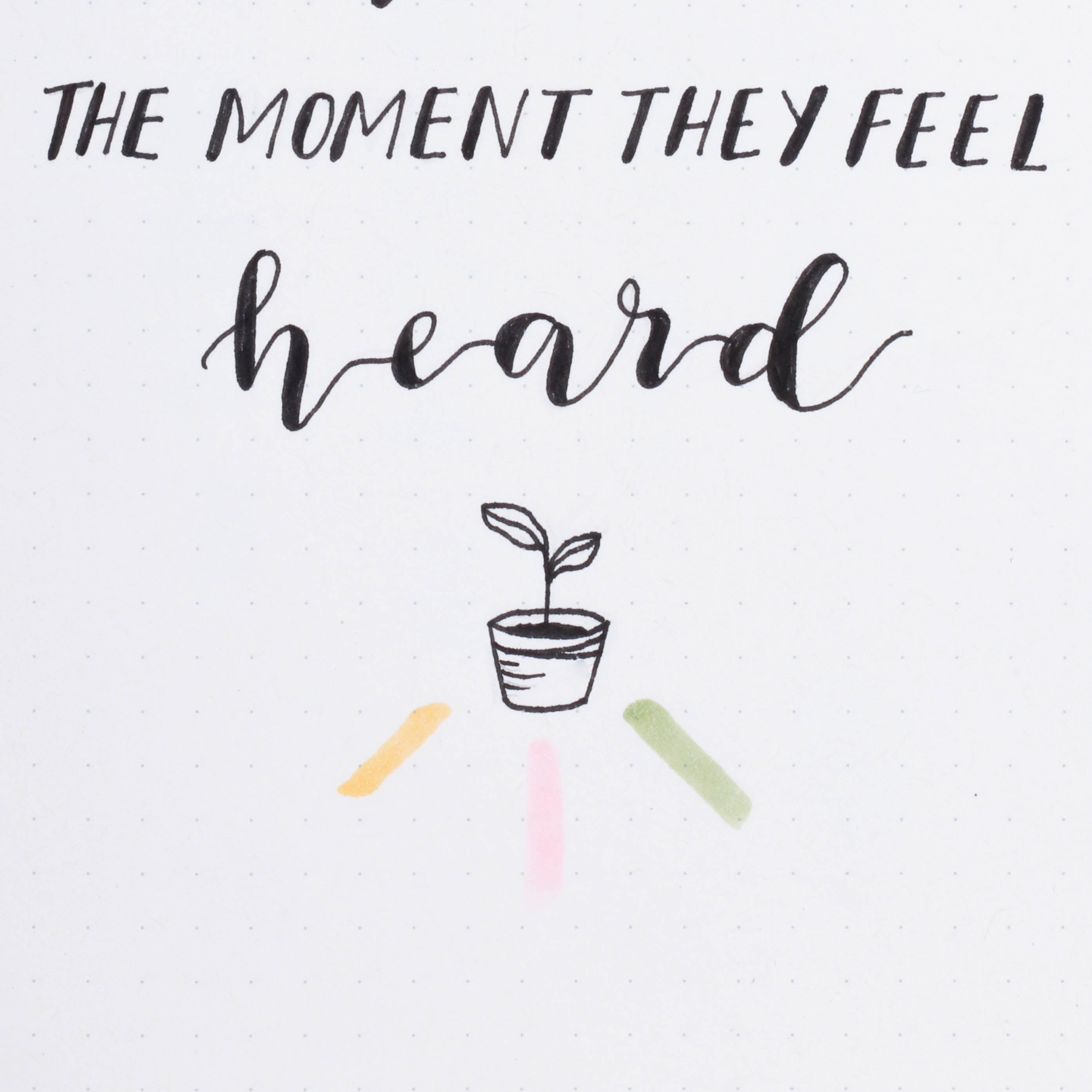
A simple quote can also serve as a timely reminder for tough times – here are two we’ve found that point us in the right direction time and again.
“The mind and body are not separate. What affects the one affects the other.”
Many of us don't realise that our mental health is just as important as our physical well-being. We don't always feel like making the effort to care for ourselves mentally, but remember that a strong mind is key to achieving a healthy body.
“People start to heal the moment they feel heard."
If you’ve had a bad day or ever feel in doubt, talk to someone you're comfortable opening up to. Expressing your feelings can not only help put things into perspective but also help to release tension.
Mental Health Checklist
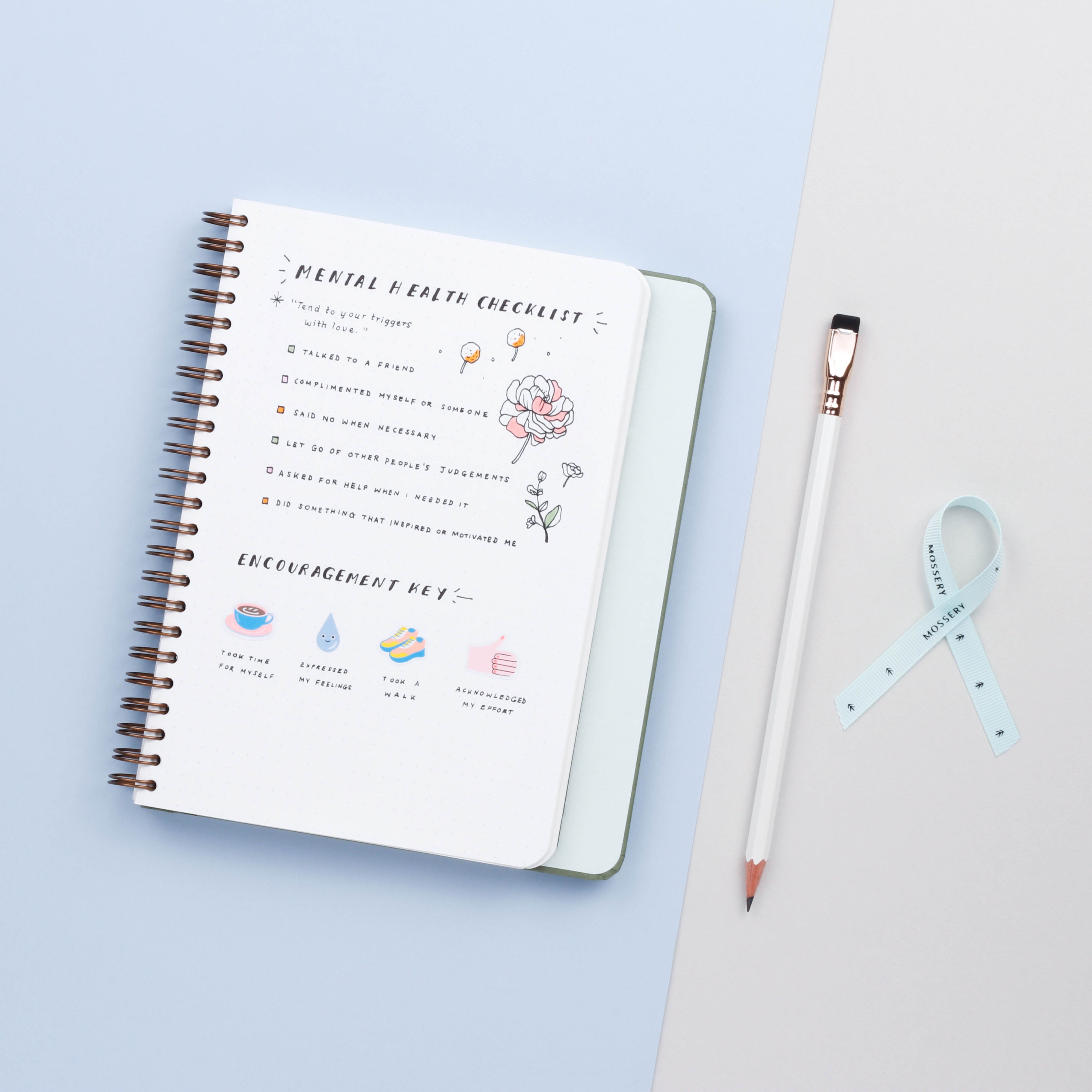
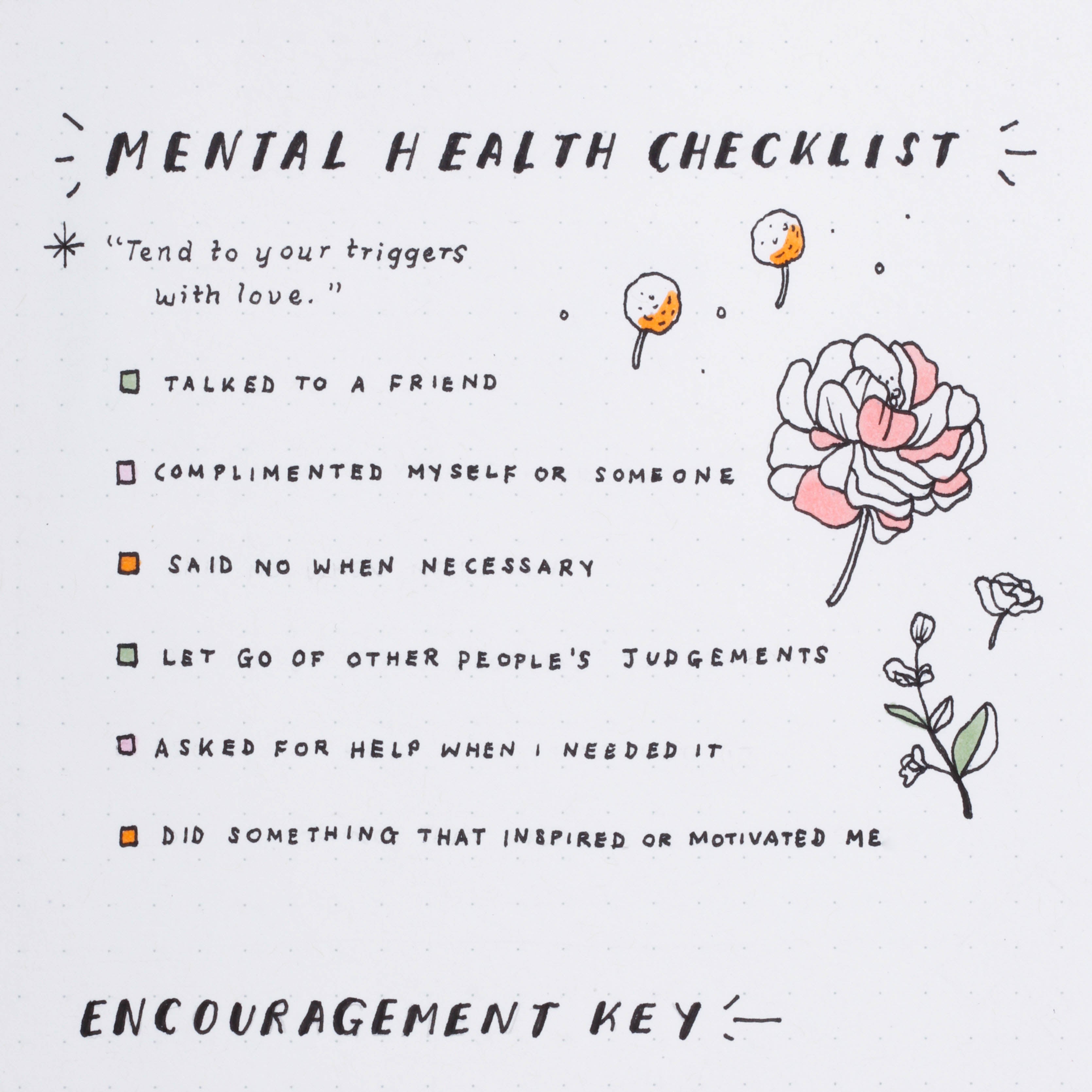
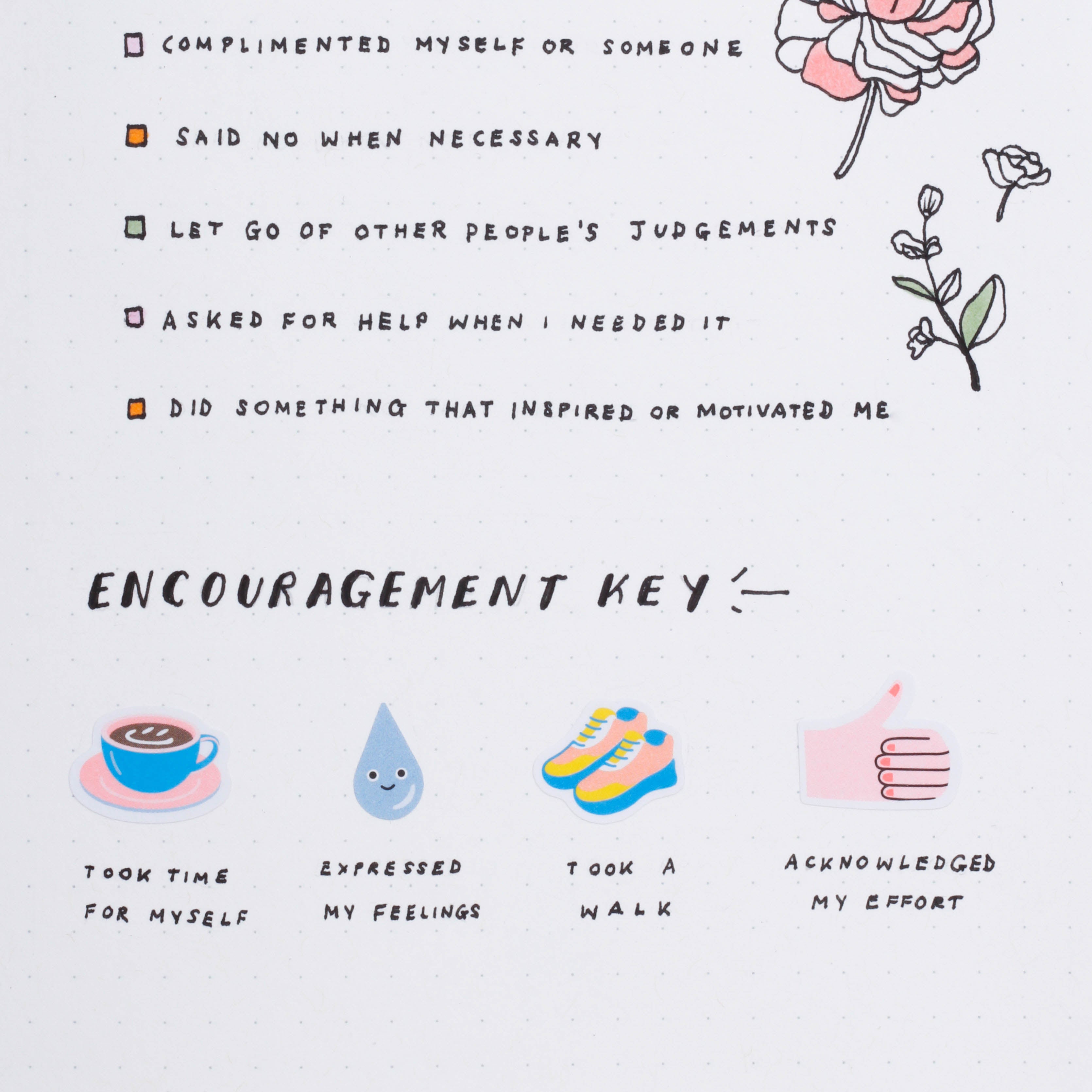
Often we neglect our needs in order to fulfil tasks or meet outside expectations, so the key here is to practise self-compassion – hearing ourselves out, creating boundaries, or doing something just for ourselves to recharge our energy.
Ask yourself honestly what you consider helpful to your mental well-being, and create a list that will serve as a useful cross reference when you’re feeling low.
Mood Tracker
It’s easy to get swept up in life, reacting to situations without looking under the surface to realise why.
Creating a mood tracker helps us to recognise patterns in our days, as well as how they match up with specific happenings. From there, we can pinpoint what prompted us to feel a certain way so that we can refine our mental health checklist.
Gratitude List
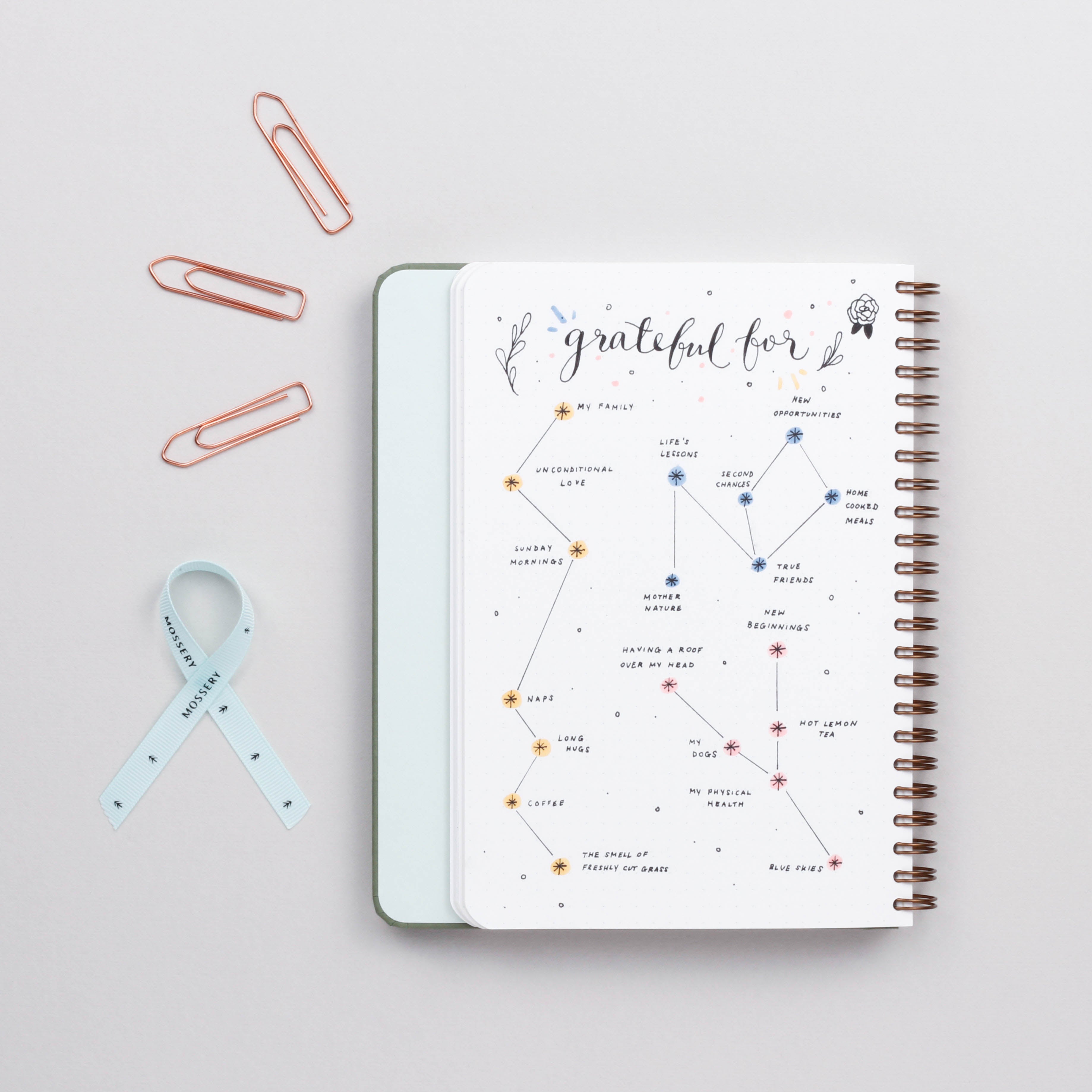
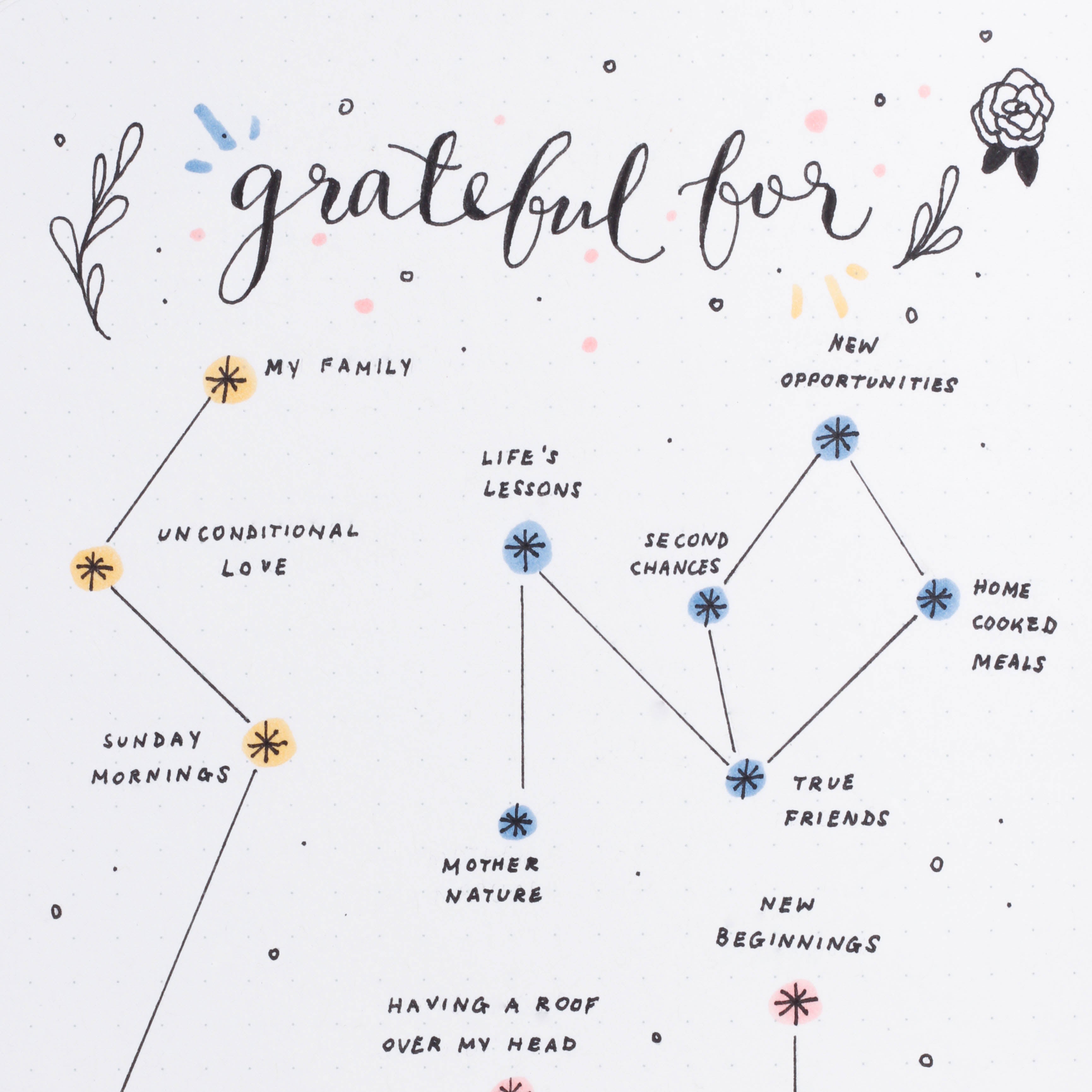

We don’t have to negate the difficult experiences we go through in order to savour the good ones – but it can be more of a challenge to remember our positive experiences.
Creating a gratitude list serves as a tangible reminder of the things we’re thankful for so we can look through them during times when nothing seems to be going right.
From now till 31st May, get 15% off our Notebooks with the code GREENRIBBON. Start today—put pen to paper and untangle your thoughts.
Get 15% Off Notebooks


